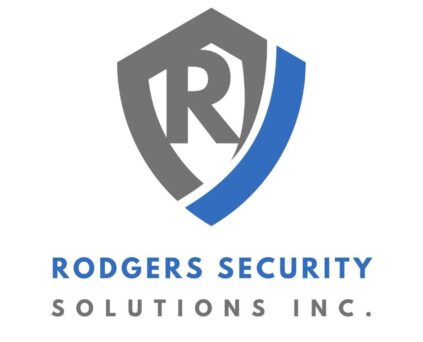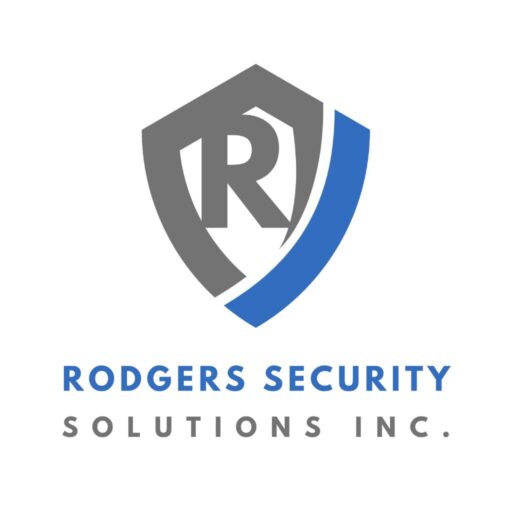Security guards play a critical role in safeguarding people, property, and assets. Whether they are stationed at a shopping mall, a corporate office, a construction site, or an event venue, their presence provides a sense of security and peace of mind to those they protect. However, to be effective in their duties and ensure the safety of their clients, security guards must undergo proper training and certification. In this blog post, we will explore the significance of security guard training and certification.
- Enhanced Skillset
One of the primary reasons for security guard training is to equip individuals with the necessary skills and knowledge to perform their jobs effectively. Training programs cover a wide range of topics, including emergency response procedures, conflict resolution, first aid, and legal regulations. Armed with this knowledge, security guards can make informed decisions in high-pressure situations, respond to emergencies promptly, and de-escalate potentially dangerous situations.
- Legal Compliance
Security guards often operate within a complex web of legal regulations and requirements. These laws can vary depending on the jurisdiction, type of security work, and the specific industry they serve. Certification programs ensure that security guards are well-versed in the relevant laws and regulations, helping them avoid legal pitfalls and ensuring that they operate within the boundaries of the law. Compliance with legal requirements not only protects the security guards but also the clients they serve.
- Improved Professionalism
Security guard training goes beyond just technical skills; it emphasizes professionalism and ethical conduct. Certified security guards are trained to interact with the public, clients, and colleagues in a courteous and respectful manner. They understand the importance of confidentiality and discretion, which is crucial in many security roles. This professionalism not only enhances the reputation of the security industry but also fosters trust and confidence in clients.
- Effective Crisis Management
Security guards are often the first responders in emergency situations, whether it’s a medical crisis, a fire, or a security breach. Proper training ensures that security personnel are well-prepared to handle such crises. They learn to remain calm under pressure, assess situations quickly, and take appropriate actions to mitigate risks and protect lives and property. Effective crisis management can make the difference between a minor incident and a major catastrophe.
- Deterrence and Prevention
A visible and well-trained security presence can act as a deterrent to potential threats and criminals. Certified security guards are trained to recognize suspicious behavior, assess security vulnerabilities, and take proactive measures to prevent incidents from occurring. Their training equips them with the skills to identify and address security risks before they escalate.
Conclusion
Security guard training and certification are essential components of a well-functioning security industry. By enhancing the skillset of security personnel, ensuring legal compliance, promoting professionalism, and preparing them for crisis situations, training programs contribute to the safety and security of individuals and assets. Clients and the public can have confidence in the capabilities of certified security guards, knowing that they are well-prepared to fulfill their vital role in protecting our communities. Visit Rodgers Security Solutions and learn more about our company, services, and team. We look forward to working with you soon!

